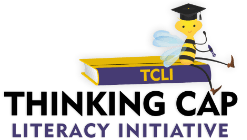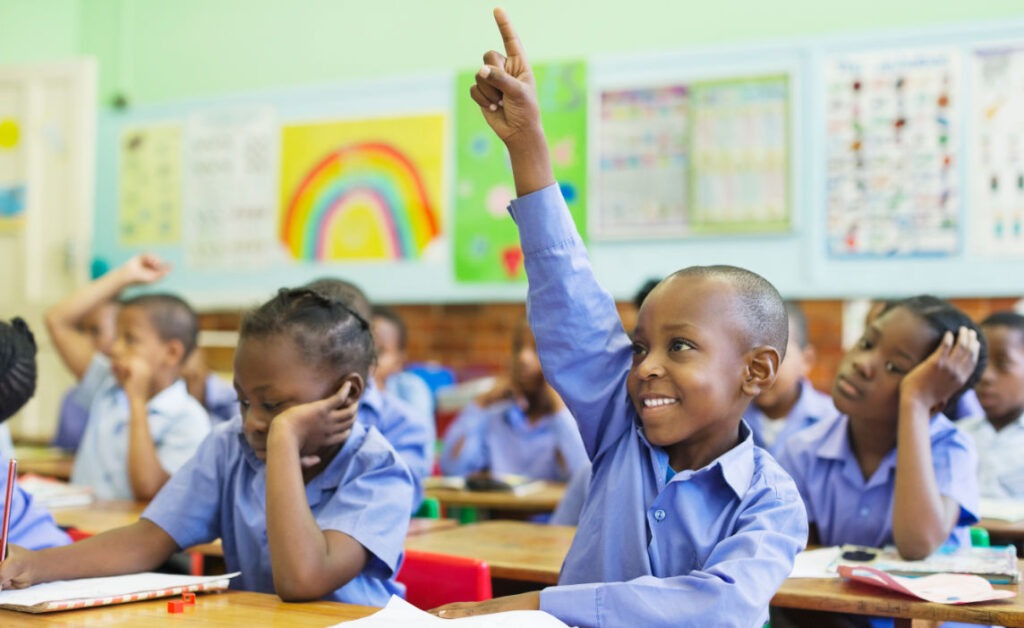It is truly heartwarming to witness children embarking on their learning journeys. Recently, I attempted to explain the water cycle to my students and decided to incorporate physical demonstrations. What struck me as amusing was how, whenever it rained, the kids would spontaneously demonstrate and explain to each other that it was indeed raining. It was a truly beautiful sight.
In the past year, we had discussions at our workplace regarding our teaching strategies. After much deliberation, we reached a consensus. We realized that by teaching the children concepts and topics that were beyond their current comprehension, we unintentionally created difficulties for them when it came to applying what they had learned in practice.
When the learning process lacks engagement and fails to relate to the students’ lives, they tend to drift away, and their ability to apply the knowledge becomes lackluster.
Witnessing children taking charge of their own learning and observing their enthusiasm in explaining complex topics, such as the water cycle, is undeniably inspiring. It serves as a reminder of the crucial significance of making education engaging and relatable for students. By tailoring the concepts taught to align with their existing understanding and personal experiences, we can greatly enhance their ability to effectively apply knowledge.
It is imperative that we foster a learning environment where students are actively involved in the educational process rather than being passive recipients of information. This shift towards active learning encourages students to participate, question, explore, and discover, enabling them to develop critical thinking skills and a deeper understanding of the subject matter.
By incorporating interactive activities, hands-on experiments, group discussions, and real-world applications into the curriculum, we can create an environment that stimulates curiosity, encourages problem-solving, and nurtures a love for learning. This approach empowers students to take ownership of their education, fostering a sense of autonomy and self-motivation.
Furthermore, connecting the content to students’ lives and experiences helps them see the relevance and practicality of what they are learning. By making education relatable, we can bridge the gap between theoretical knowledge and its application in the real world, equipping students with the necessary skills to tackle challenges they may encounter beyond the classroom.
Let us continue to prioritize and promote active learning in our educational systems. By embracing this approach, we not only cultivate a deeper understanding and retention of knowledge but also cultivate lifelong learners who are capable of applying their knowledge effectively and adapting to an ever-changing world. Together, let us create an educational journey that is both meaningful and enjoyable for our students.
What steps can be taken to make active learning an essential component of every student’s educational journey?
Wir liefern die beste replika uhren mit Schweizer Uhrwerk für Damen und Herren. Die beliebtesten hochwertigen Schweizer Replika-Uhren zum Verkauf.
Offizieller Schweizer Rolex-Replica-Uhren-Shop: Top 1:1 Super Clone mit Schweizer Uhrwerk in Großbritannien. Website online!


No comment yet, add your voice below!